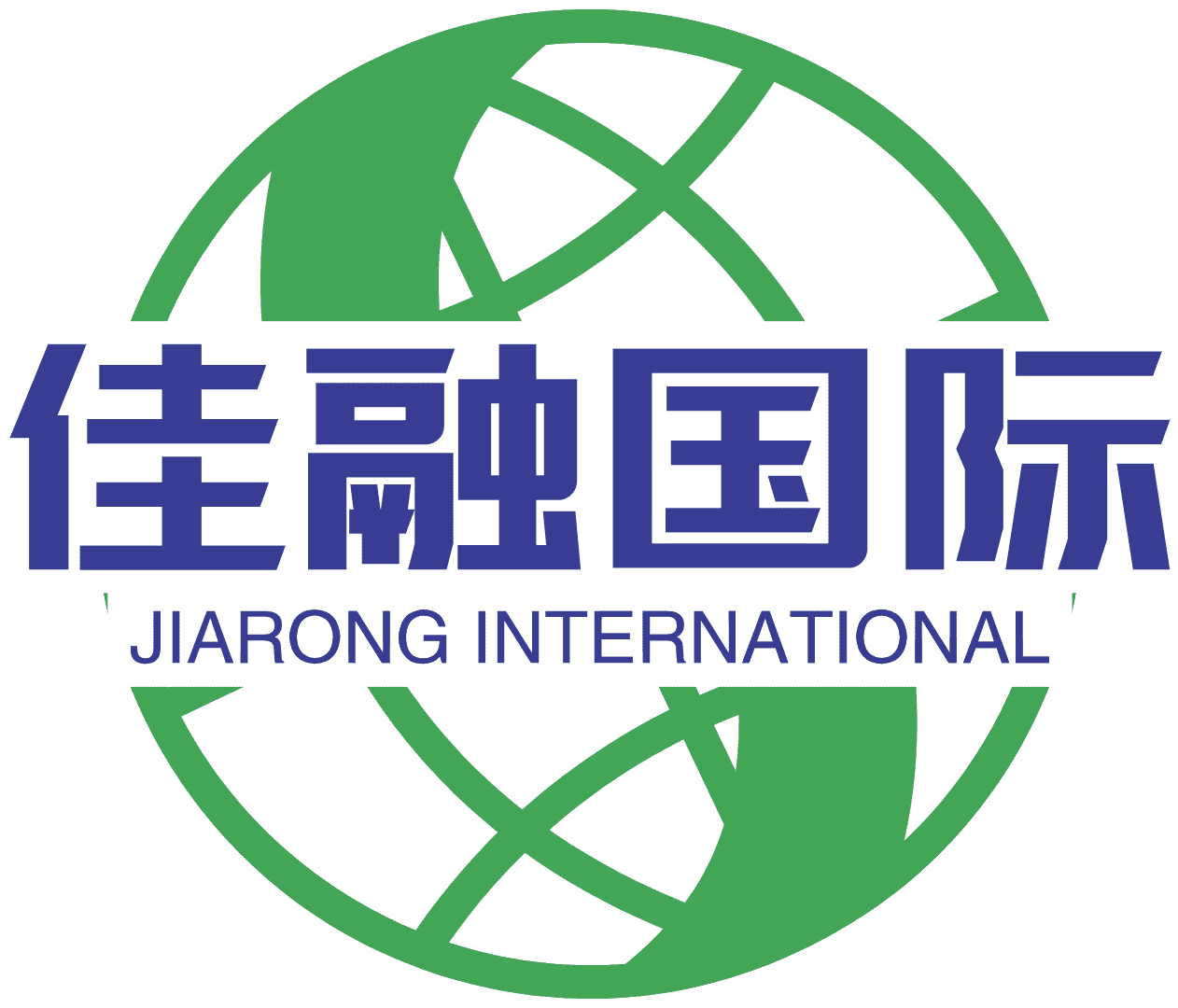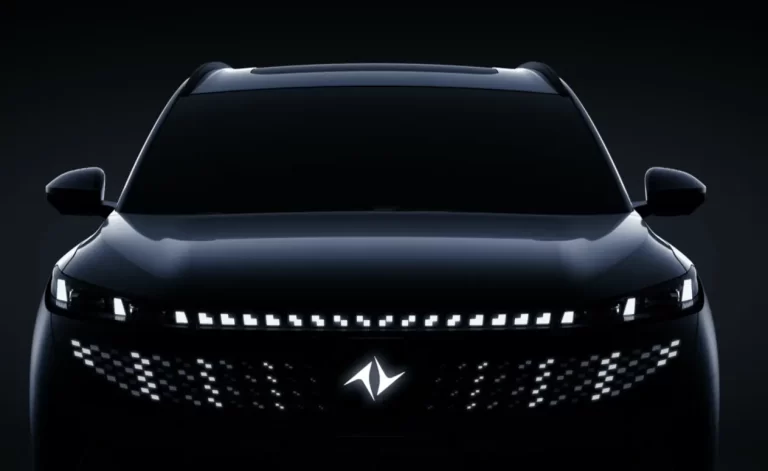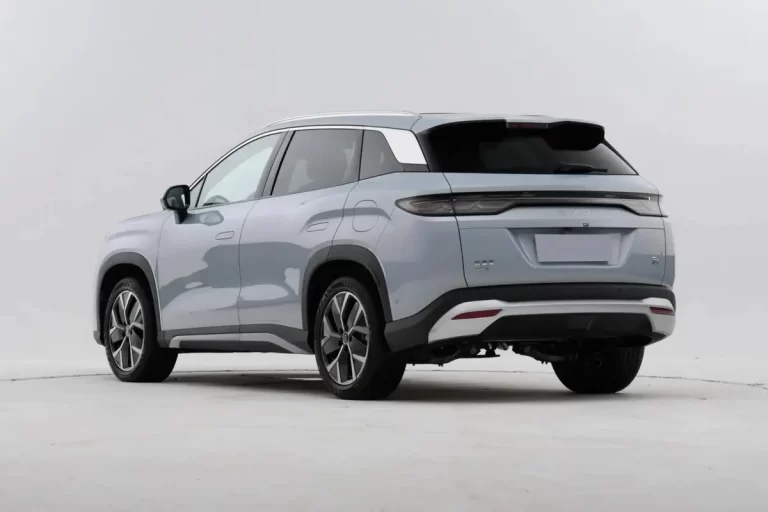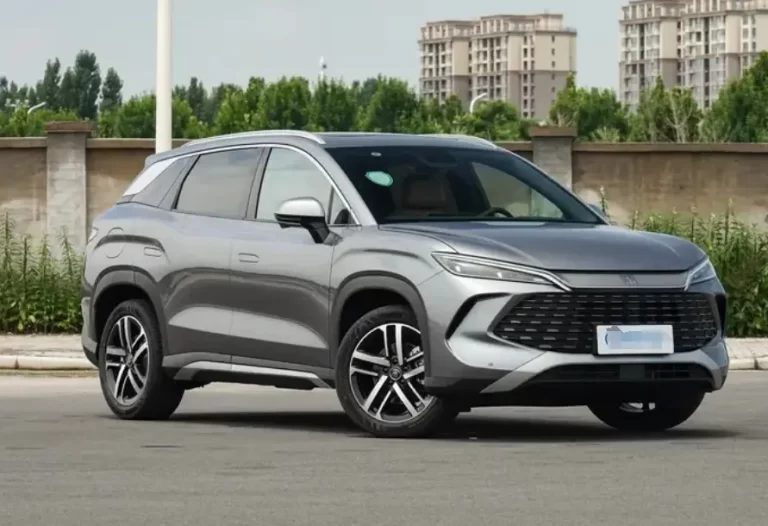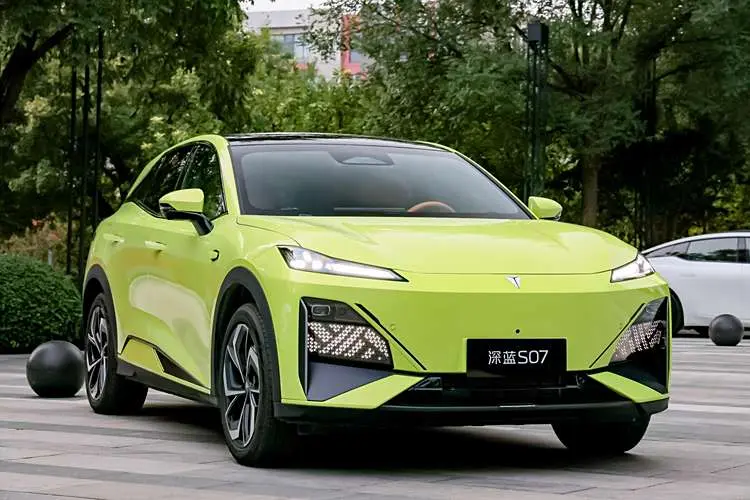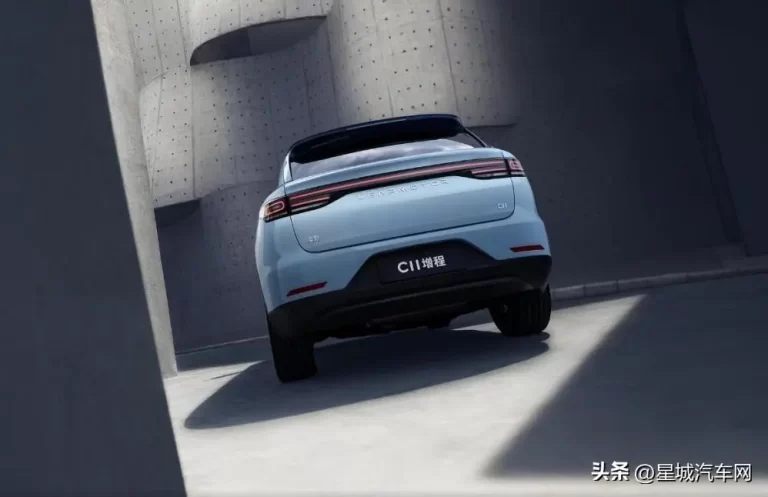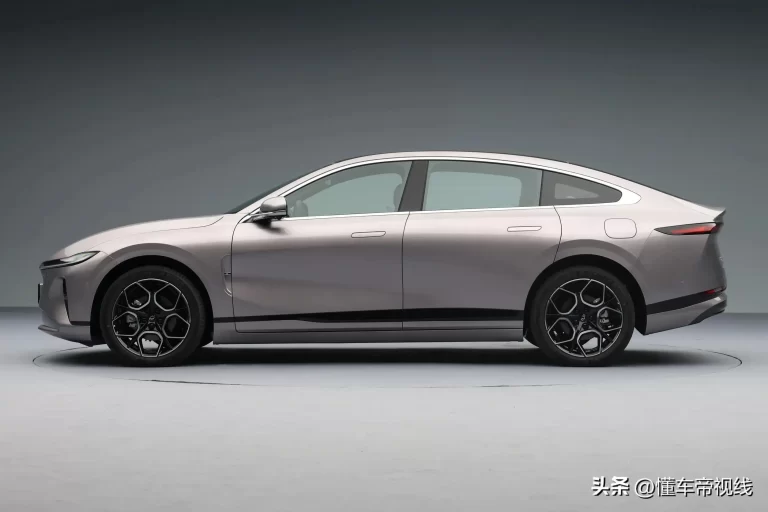According to the data of the Passenger Association, global car sales in January-July 2024 reached 51.14 million units, an increase of 3% year-on-year, showing the gradual recovery of the market. It is worth noting that in July 2024, the share of Chinese car companies in the global market reached 31%.
A detailed analysis of the sales data for the first seven months of 2024 reveals a remarkable phenomenon: Among the top 27 brands in global sales, 11 seats are occupied by Chinese brands, accounting for more than 40%.
This figure not only reflects the rise of Chinese brands, but also shows that they are winning more and more recognition globally.
In the global sales ranking, Toyota, Volkswagen and Hyundai are firmly in the top three, while BYD, as a representative of Chinese brands, ranks ninth and is the only Chinese brand to enter the top 10.
In addition, Geely, Chery, Changan, SAIC, Great Wall, FAW, BAIC, Dongfeng, GAC, Ideal and other ten other Chinese brands also ranked among the TOP 27, showing the strong strength and competitiveness of Chinese auto companies.


From a global perspective, China’s auto market in 2024 has shown a strong recovery momentum, among which the recovery performance of BYD, Chery, Geely, Changan and other brands is particularly outstanding. By contrast, Asian groups, led by Toyota and Kia, fared relatively poorly.
Cui Dongshu, secretary general of the Passenger Association, pointed out that the international chip shortage in the past two years has had a relatively limited impact on the Chinese auto market, which has instead promoted the strong performance of China’s auto exports. In the context of the huge gap between supply and demand in the international market, Chinese automobiles have seized a valuable market share and obtained a rare development opportunity.
In the highly monopolized industry of automotive chips, the supply-side tightening has brought important opportunities for the emerging Chinese automotive supply chain. In particular, driven by the rapid development of new energy vehicles, China’s independent automobile brands have shown a strong momentum of development.
At the same time, the electrification transition has also led to the gradual decline of some international auto brands, creating conditions for the global expansion of Chinese auto brands.
